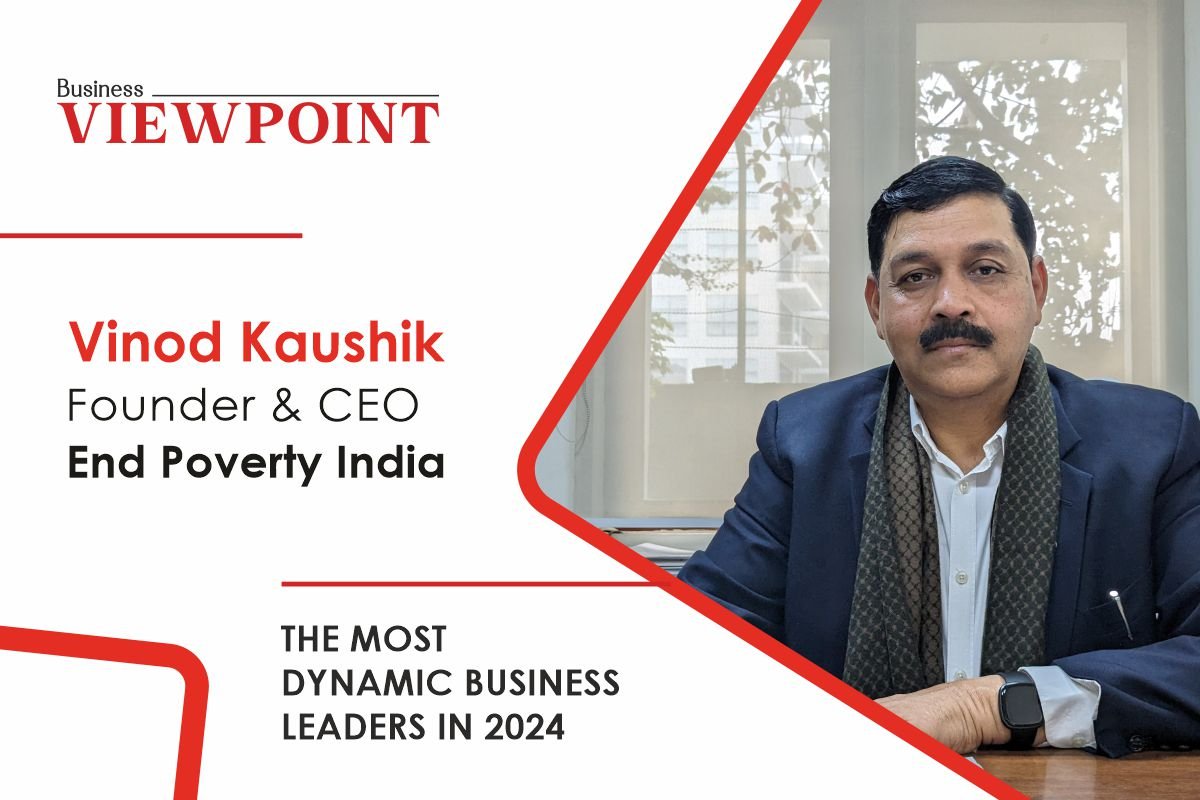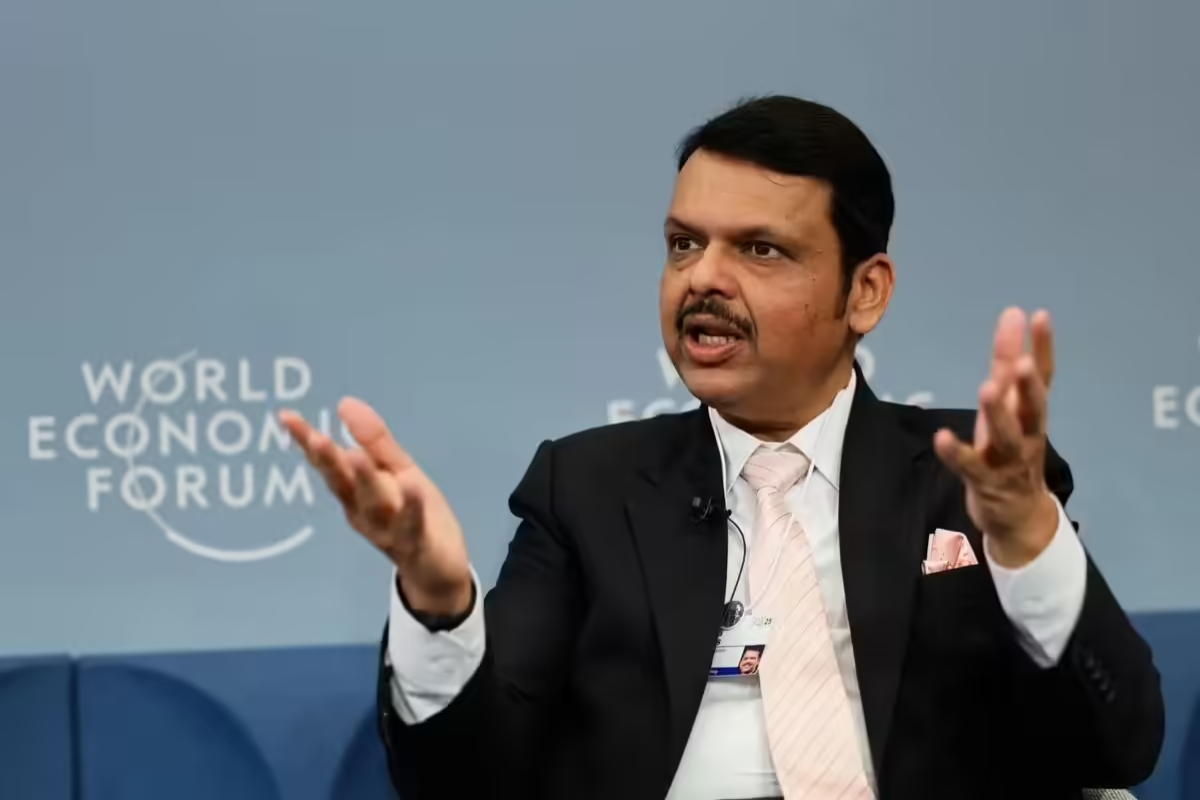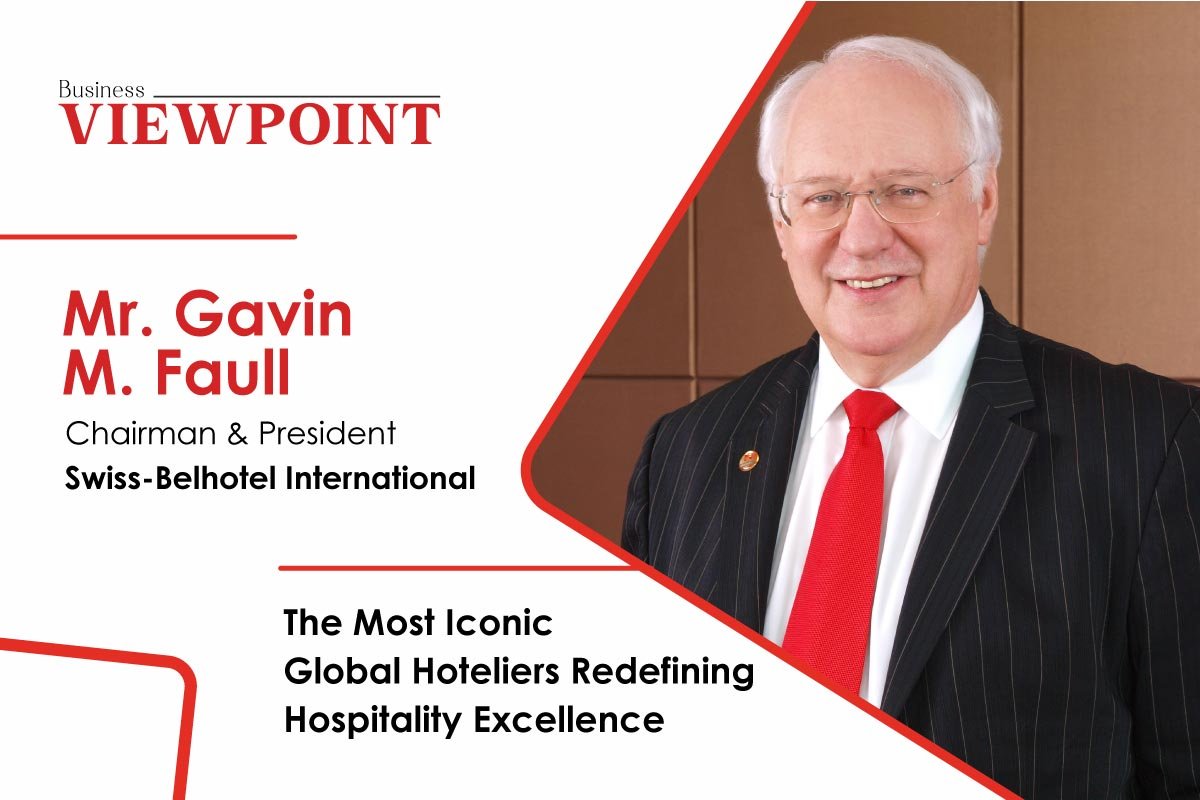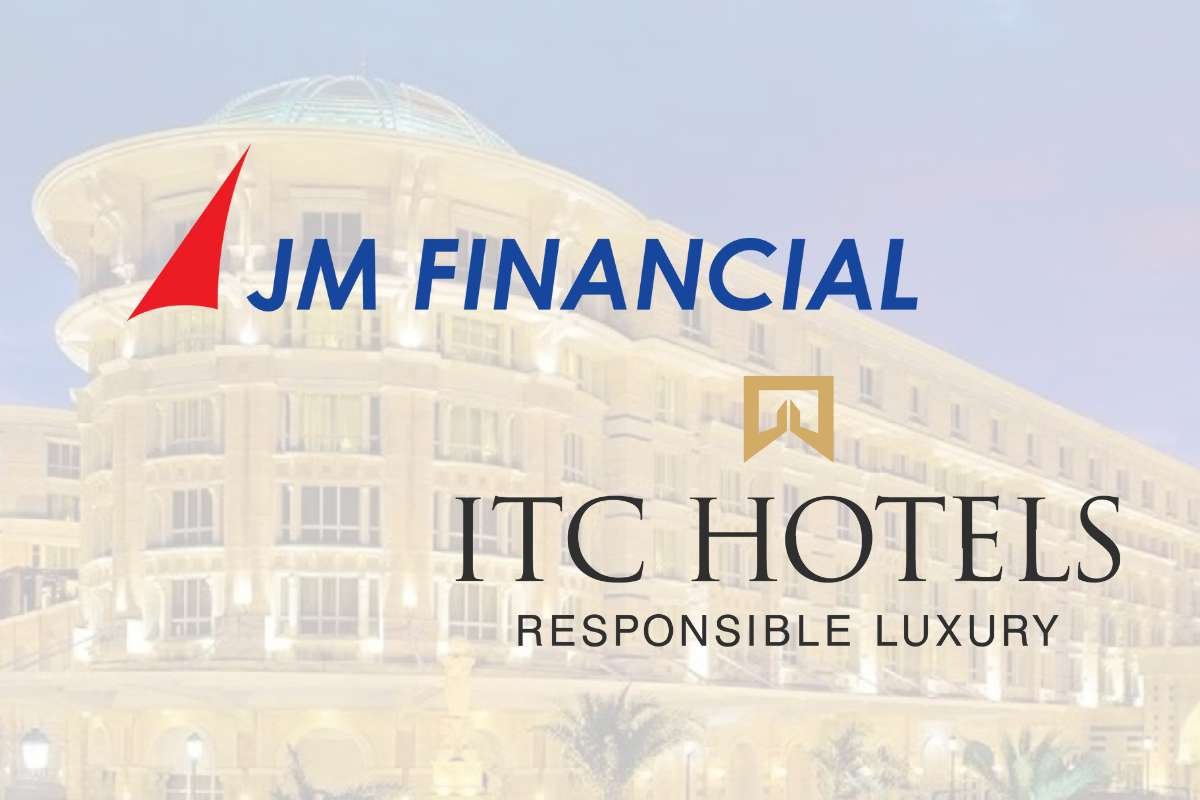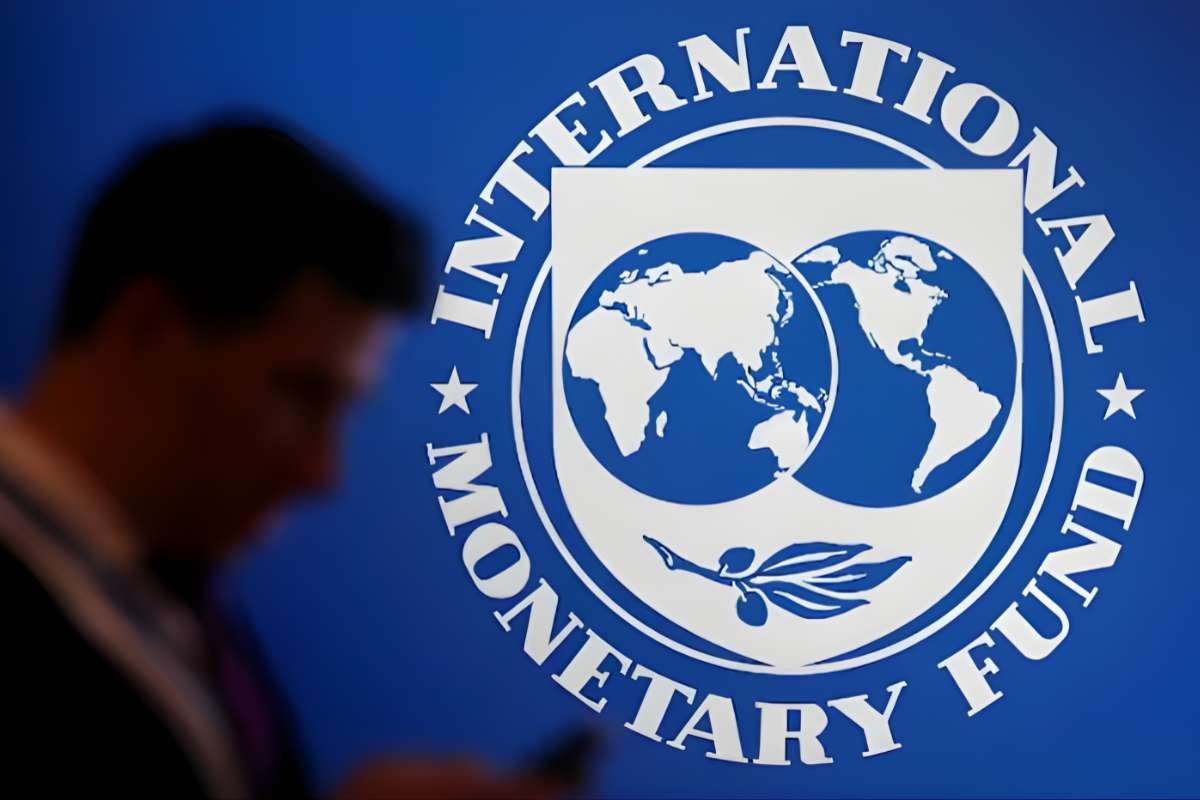In a world where poverty remains deeply entrenched, some individuals step up to drive change. These people, fueled by resilience and empathy, challenge the status quo and work tirelessly to improve the lives of others.
Vinod Kaushik, the Founder and CEO of End Poverty India, is one such change-maker. Recognizing the need for effective and impactful interventions in rural communities, he saw the potential to enhance existing resources through better implementation and support. Vinod’s approach focuses on empowering communities by fostering a sense of ownership and responsibility, ensuring that these efforts not only bridge gaps but also create sustainable and enduring change.
A Determined Journey Toward Transformation
Vinod Kaushik, a post-graduate from the Institute of Rural Management Anand (IRMA), brings over 32 years of extensive experience in designing and implementing agriculture and dairy development projects aimed at alleviating poverty in India. Early in his career, Vinod encountered the socioeconomic challenges faced by rural communities, witnessing firsthand the widespread poverty, lack of resources, and deep-rooted issues that plagued these areas. These experiences ignited his passion for making a difference.
Working closely with rural populations, Vinod emphasized the importance of capacity building and training to drive behavioral change within communities. He championed education and training programs tailored to the specific needs and realities of rural life, recognizing that traditional methods often fell short. Vinod promoted innovative, localized solutions that leveraged each community’s unique strengths and potential. He also collaborated with like-minded organizations, believing that collective efforts could amplify impact and drive meaningful change.
In 2009, Vinod founded End Poverty with a strong commitment to addressing the economic challenges faced by marginalized rural communities. His professional background provided him with deep insights into the entrenched problems of poverty, limited resources, and systemic inefficiencies that hinder rural development. This direct exposure fueled his desire to create lasting change in these communities.
Pursuing a Vision of Sustainable Development
End Poverty India is dedicated to driving sustainable development through education, training, and capacity building. The organization’s mission is to empower socially and economically disadvantaged individuals in India, enabling them to identify and meet their needs, participate more fully in society, and ultimately break the cycle of poverty. The organization’s work is guided by core values such as service beyond self, integrity, transparency, accountability, value-driven partnerships, and truthfulness.
End Poverty India is committed to benefiting society through its activities, whether serving the broader public or specific community segments. This dedication to service is paired with a strong emphasis on ethical conduct, openness, and accountability, ensuring that all actions align with the organization’s mission and vision.
Overcoming Challenges on the Path to Success
One major challenge Vinod Kaushik encountered was addressing the often rigid mindset prevalent in rural communities, where resistance to change and reluctance to adopt new practices were common. Overcoming this obstacle required deep engagement to build trust and demonstrate the tangible benefits of the organization’s initiatives. Another challenge involved addressing the evolving needs of the communities served. To tackle this, Vinod adopted a participatory approach, involving community members in the planning and implementation of programs.
Managing a geographically dispersed team was another significant challenge. Vinod overcame this by cultivating a strong organizational culture that values dedication, integrity, and excellence. He also implemented comprehensive training programs to equip the team with the necessary skills and knowledge to perform effectively.
Operating in thematic areas such as dairy development, sustainable agriculture, education, climate change, and rural development presents specific challenges, each requiring continuous adaptation and innovation. To succeed in these areas, it is crucial to maintain a flexible and responsive approach, invest in capacity building, and foster robust community participation.
Organization’s Achievements and Milestones
Since its inception, End Poverty has reached several significant milestones, demonstrating its dedication to economic development and creating lasting positive change in rural India.
The organization has impacted over 150,000 lives across more than 1,300 villages in nine Indian states. By forming farmers into groups and introducing them to the enterprise model through Farmer Producer Organizations, End Poverty has enhanced market access, improved bargaining power, and increased access to resources and information. A notable achievement is the successful shift of numerous individuals and communities from dependency on subsidies to self-sustaining entrepreneurship. Their efforts to strengthen market value chains have granted rural producers better access to markets, fairer prices for their goods, and improved overall economic viability.
Staying Ahead of Competitors
End Poverty sets itself apart in the industry with a unique approach to rural development and a steadfast commitment to sustainable impact. Unlike organizations that focus solely on short-term aid or standardized programs, End Poverty adopts a holistic and community-driven strategy to tackle the complex challenges rural populations face.
What distinguishes the organization is its profound understanding of rural community dynamics. With Mr. Vinod Kaushik’s experience and direct involvement with these populations, the organization has gained deep insights into the specific needs, challenges, and opportunities of different regions. This localized knowledge enables End Poverty to customize its interventions to suit each community’s unique circumstances, ensuring solutions are practical, relevant, and sustainable.
The organization emphasizes ethical leadership, transparency, and accountability, which are embedded in every aspect of its work. Rather than relying on one-size-fits-all approaches, it seeks out innovative, context-specific solutions that leverage each community’s unique strengths and resources. This adaptability allows it to respond to changing needs and circumstances, ensuring its interventions remain impactful over time.
Fostering Innovation and Creative Solutions
Cultivating a culture of innovation and creativity is crucial for any organization. End Poverty achieves this by fostering an environment where team members feel encouraged to share ideas through regular brainstorming sessions, open forums, and suggestion boxes. It forms dedicated teams focused on innovation and problem-solving, bringing together individuals with diverse skills and backgrounds to collaborate on specific projects or challenges.
The organization promotes collaboration by creating spaces where employees can work together and exchange ideas. Cross-departmental projects and team-building activities help break down silos and encourage an integrated approach to problem-solving. Additionally, End Poverty has implemented a reward system that includes bonuses, recognition awards, and career advancement opportunities to motivate employees to think creatively and take the initiative.
The organization embraces a “fail-fast” culture, viewing setbacks as learning opportunities, which fosters a mindset of continuous improvement and innovation. It dedicates time and resources specifically for innovation, setting aside time for employees to work on passion projects. The establishment of an innovation lab allows for the development and testing of new ideas. When employees are passionate about their goals and see the impact of their work, they are more motivated to devise innovative solutions.
Community-led Development
End Poverty’s approach to sustainability and corporate social responsibility centers on fostering community ownership through inclusive and participatory methods. It prioritizes incorporating local voices in decision-making and tailoring programs to meet specific community needs. The organization focuses on community-based institutions like Farmer Producer Organizations (FPOs), empowering farmers to address challenges and enhance market access collectively.
To guide and advance its developmental initiatives, End Poverty establishes Village Development Committees. It also implements programs such as Water User Groups, School Development Committees, and Farmer Groups. Each group receives thorough training and facilitation to create a ripple effect for sustained community development. By emphasizing training and capacity-building initiatives, the organization equips community members with essential skills and knowledge, laying the foundation for the long-term sustainability of these programs.
Motivation to Keep Moving Forward
Mr. Vinod Kaushik’s motivation to lead End Poverty through both triumphs and challenges stems from the profound impact he sees on the lives of those he serves. Witnessing tangible improvements in the livelihoods of individuals and communities as a result of his efforts is incredibly rewarding. This sense of purpose drives him to overcome obstacles and continue striving for excellence. Knowing that his work contributes to sustainable development, poverty alleviation, and societal betterment keeps him focused and committed.
His motivation is also fueled by the legacy he hopes to leave behind. Mr. Vinod Kaushik envisions a future where End Poverty continues to thrive and make a meaningful impact long after his tenure as a leader. This vision propels him forward, inspiring him to lead with passion, resilience, and unwavering commitment.
Future Plans
End Poverty’s strategic focus for the next three years revolves around expanding its reach and deepening its impact. The organization aims to increase its beneficiary reach from 150,000 to 500,000 and strengthen its organizational capabilities to drive sustainable development effectively. It plans to cultivate relationships with more partners and donors to support its mission and maximize its impact by identifying new areas with high poverty levels where its interventions can be most effective.
A robust team is vital to the organization’s success, and End Poverty plans to focus on recruiting and training dedicated individuals at both the head office and grassroots levels. The incorporation of information technology into all aspects of its operations will revolutionize its ability to collect real-time data, enhance efficiency, and make data-driven decisions. Developing and implementing Standard Operating Procedures (SOPs) will ensure consistency, quality, and scalability in its operations.
Work-life Balance
Mr. Vinod Kaushik maintains a healthy work-life balance by setting clear boundaries between work and personal life. He establishes specific work hours and adheres to them strictly, allowing himself to disconnect from work during designated times. This separation enables him to recharge and devote quality time to activities outside of work, whether it’s spending time with family and friends, pursuing hobbies, or simply relaxing.
He also utilizes effective time management techniques, such as prioritizing tasks based on urgency and importance, delegating responsibilities whenever possible, and leveraging technology to streamline workflows and enhance productivity. By focusing on high-priority tasks and minimizing distractions, he optimizes his time and achieves a better sense of balance.
Advice for Future Leaders
Mr. Vinod Kaushik offers the following advice to aspiring social entrepreneurs and future leaders:
- Remain steadfastly committed to your vision, which serves as a guiding light in steering decisions and actions towards a common goal, but be adaptable to change.
- Prioritize integrity, as it not only fosters a positive reputation but also lays the foundation for enduring success built on strong moral values.
- While navigating the complexities of leadership, resilience will be your greatest asset.
- Build trust and foster meaningful relationships based on mutual respect and empathy, which will be instrumental in achieving long-term success and making a lasting impact.
- Remember that success is not measured solely by financial gain but by the positive influence you have on people’s lives and the world.
- Explore more insights in our Business Viewpoint Magazine



